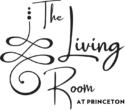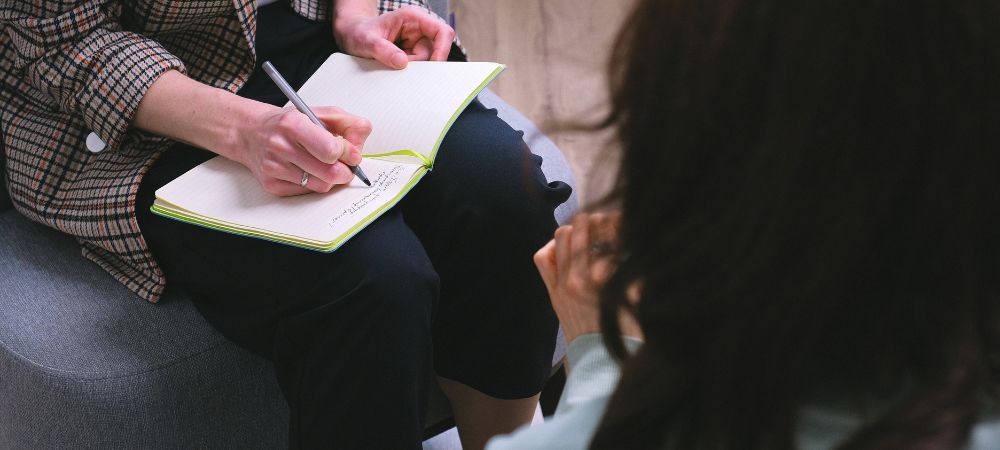Drug and alcohol addiction are complex conditions that require holistic, compassionate treatment and continuing support. Each person living with addiction has their own unique experiences, needs, and goals during treatment. Addiction treatment is offered in many settings and several levels of care to meet varying needs and help people at each stage of addiction recovery.
Partial care programs and intensive outpatient programs (IOPs) are two levels of outpatient addiction treatment. When deciding which level of care is right for you, it’s important to know the differences between these two levels of care so that you can make the best choice.
This article will explore the similarities and differences between partial care programs and IOPs and how to determine which level of treatment is right for you. Reach out to the caring team at the Living Room now to learn more about our holistic substance abuse treatment programs or to find support during any stage of addiction recovery.
What is an IOP?
Intensive outpatient programs, or IOPs, are one type of outpatient addiction treatment program offered to people in recovery from addiction. In many cases, people will participate in an IOP after completing an inpatient treatment program.
In an intensive outpatient program, people receive a high level of treatment while living at home. Some people may choose to spend time in a sober living home while participating in an IOP for increased support and accountability.
People in an IOP typically spend several hours per day, 3 to 5 days per week, engaging in addiction treatment sessions.
An IOP is best suited for people who:
- Have reliable transportation to and from treatment
- Are no longer in active withdrawal
- People with a mild addiction
- Those who work full-time but require comprehensive treatment
The primary goal of an IOP is to continue to build on the foundation you developed during rehab. People in an IOP follow a personalized treatment plan that may include:
- Individual counseling and cognitive-behavioral therapies
- Family education and therapy
- Group therapy
- Coping skills practice
- Relapse-prevention education
The structure and support of an intensive outpatient program allow people to return to their regular activities and schedule while receiving a high level of treatment.
What is Partial Care?
Partial care programs–also called partial hospitalization or day treatment programs–are intensive outpatient treatment programs for people living with addiction. In a partial care program, people typically spend 25 to 30 hours per week in treatment sessions.
Treatment in a partial care program includes:
- Individual counseling and behavioral therapies
- Family therapy and meetings
- Medications
- Medical care
- Screenings
- Coping skills practice
- Relapse-prevention education
People in partial care programs are typically required to spend a significant portion of every weekday attending treatment sessions. This level of care is best suited for people who:
- Have completed an inpatient treatment program
- Live in an environment that increases the risk of relapse
- Require intensive treatment in an outpatient setting
- Have been unsuccessful in an IOP or another less-intensive level of care
- Have significant mental health needs
- Require medical supervision
- Do not feel confident that they can cope with triggers or avoid relapse
Participating in a partial care program is a significant commitment of time and energy. People who engage in this type of treatment are often unable to work or attend school while receiving treatment.
Partial Care vs. IOP: Which Level of Care is Right For Me?
Partial care programs and IOPs offer structure, treatment, and support for people in recovery from addiction. But how can you determine which level of treatment is right for you?
The most significant differences between an IOP and a partial care program are the level of care and time requirement. Partial care programs provide a more intensive level of treatment that may be best suited for people with significant mental health and medical needs, long-lasting addictions, or who have not been successful in less intense levels of treatment.
In an IOP, people receive tailored, high-quality care but have more flexibility to work or manage other responsibilities. An intensive outpatient program may be best suited for someone who does not require daily treatment sessions or significant mental health and medical interventions.
Choosing the right level of care is essential to your success in recovery. Before beginning a treatment program, a doctor or addiction specialist will evaluate your needs and recommend an appropriate level of care. This assessment will likely include:
- A medical and mental health history
- Questions about your substance use
- A family history of substance abuse and addiction
- Personal history of substance abuse treatment
- Lab testing
- Physical exam
Understanding your current needs and history will help your treatment team develop a tailored plan to support your recovery and lifelong sobriety.
Find Addiction Treatment in New Jersey Now
At the Living Room, we understand that addiction is a complex condition that affects every part of a person. Our holistic, nurturing addiction treatment programs are designed to empower people as they regain control over their health and future.
Reach out today to learn more about our IOP and partial care programs or to schedule an intake assessment.


